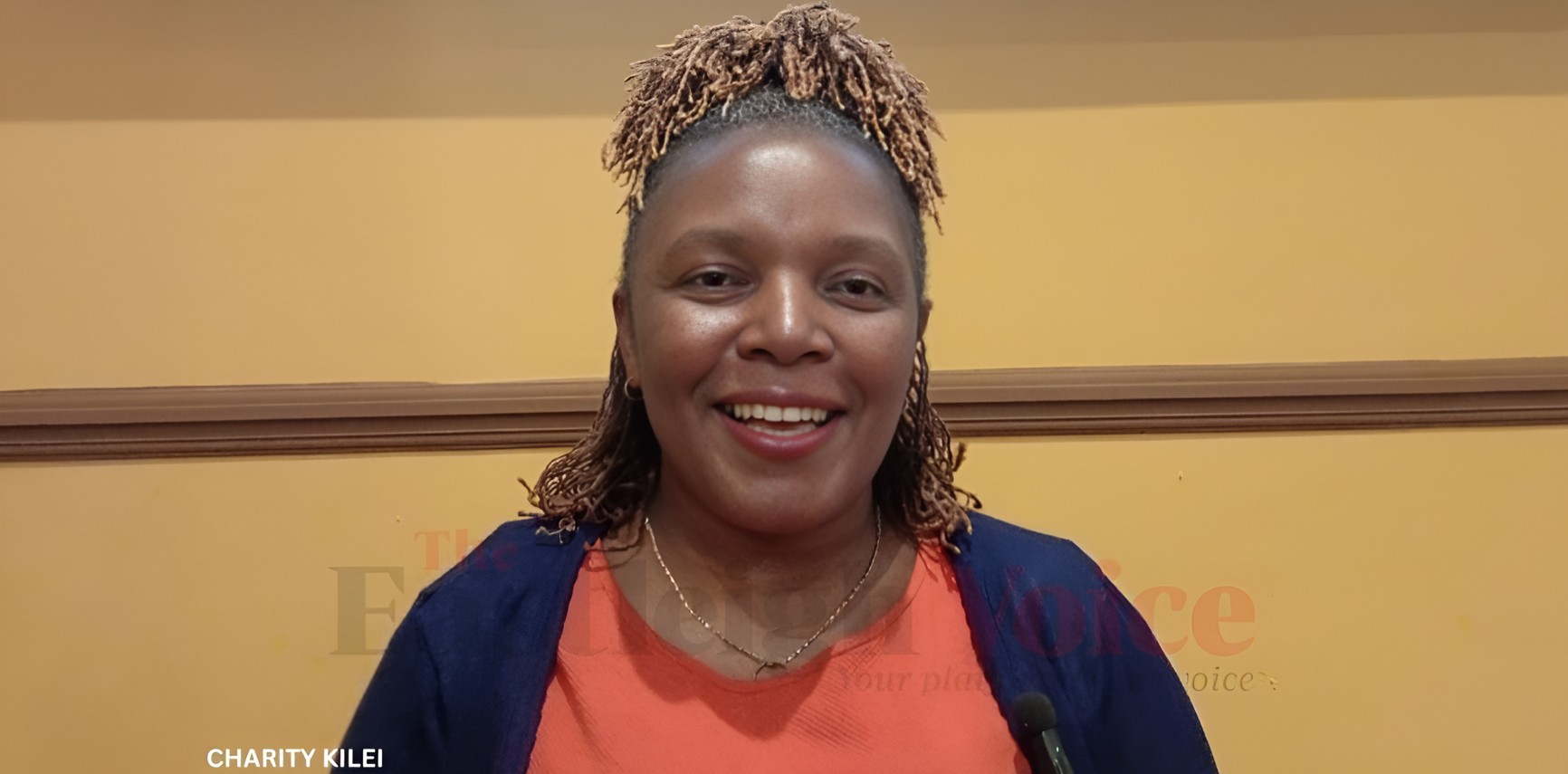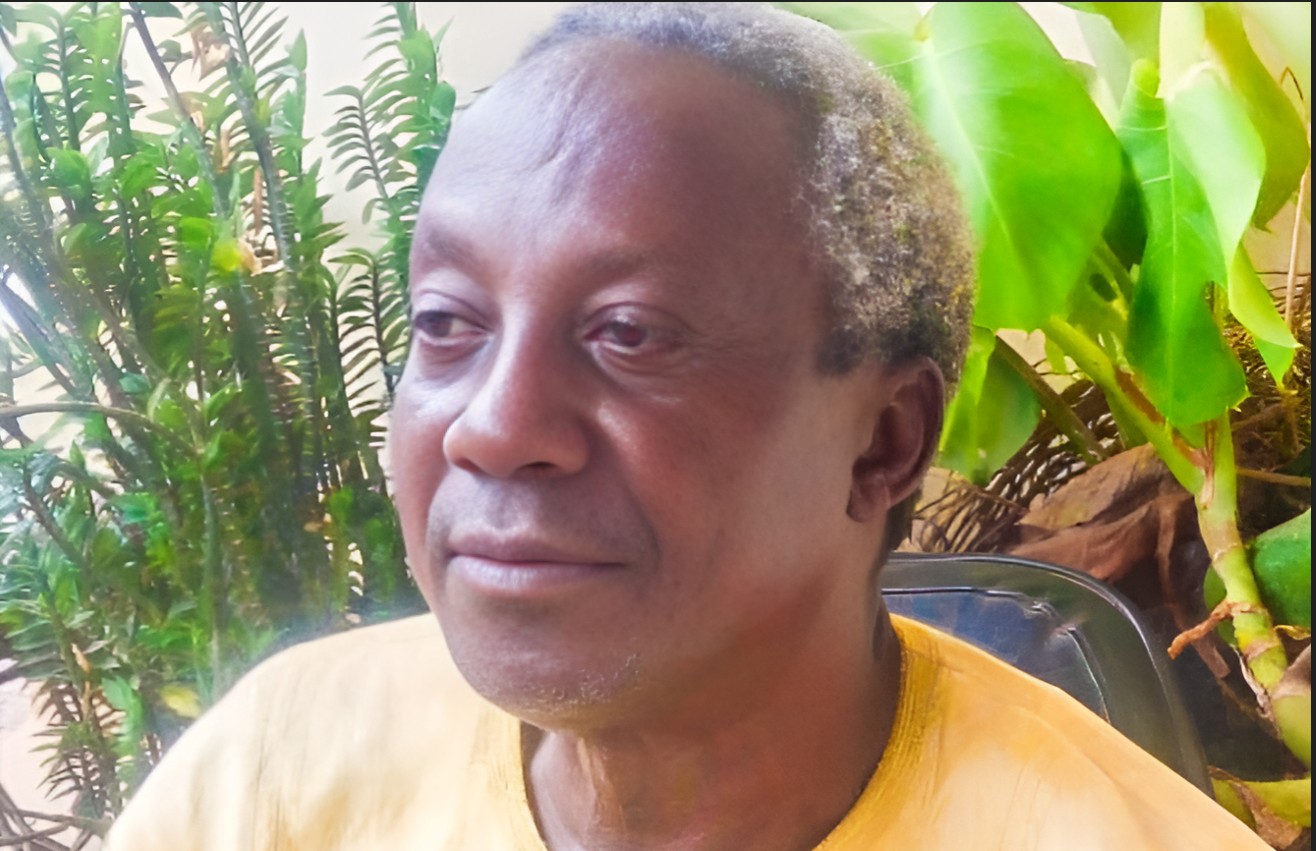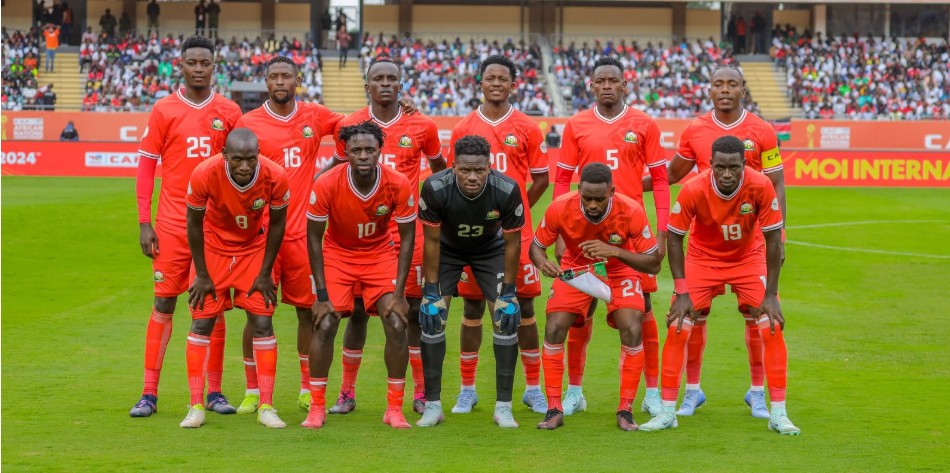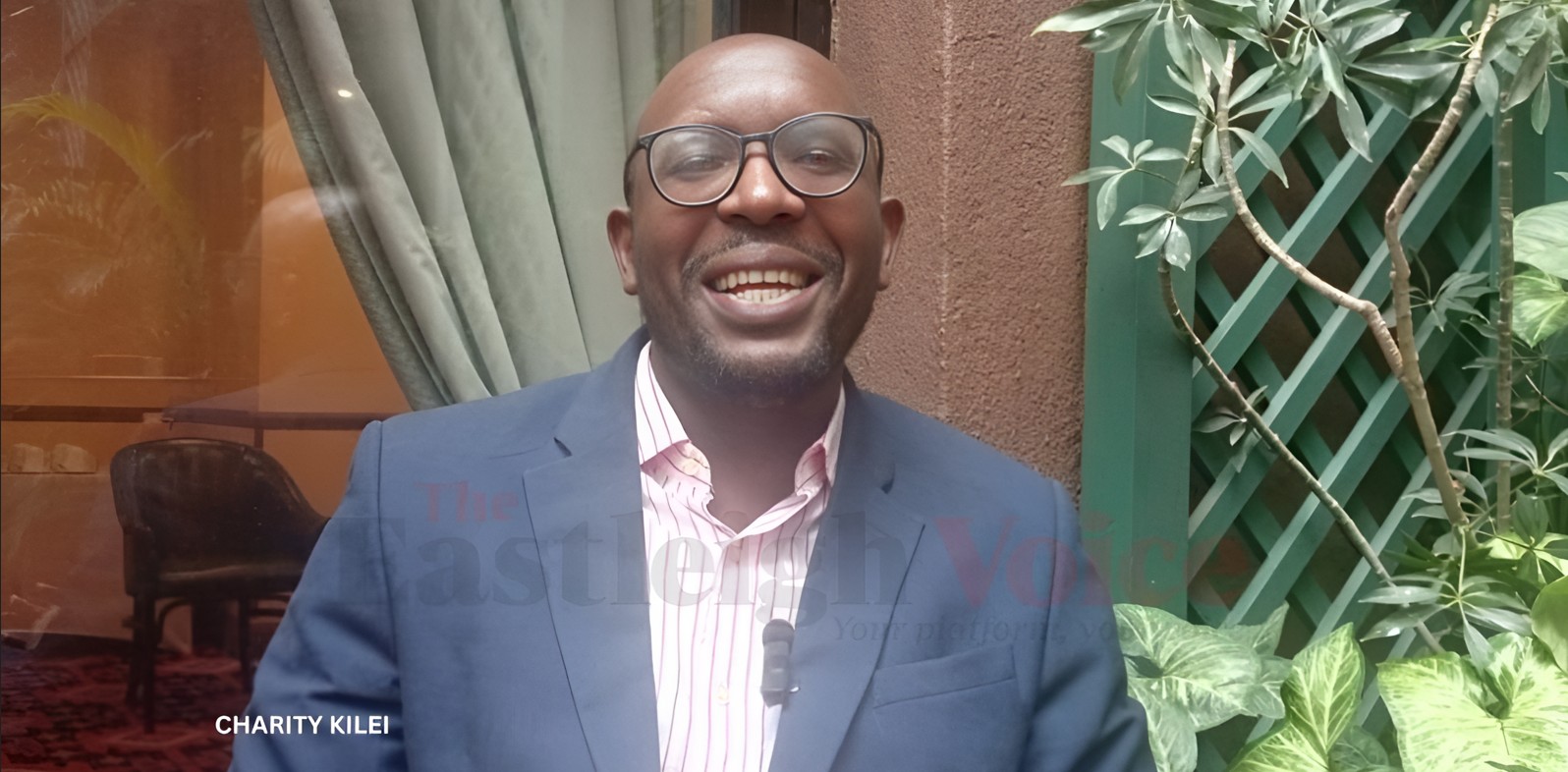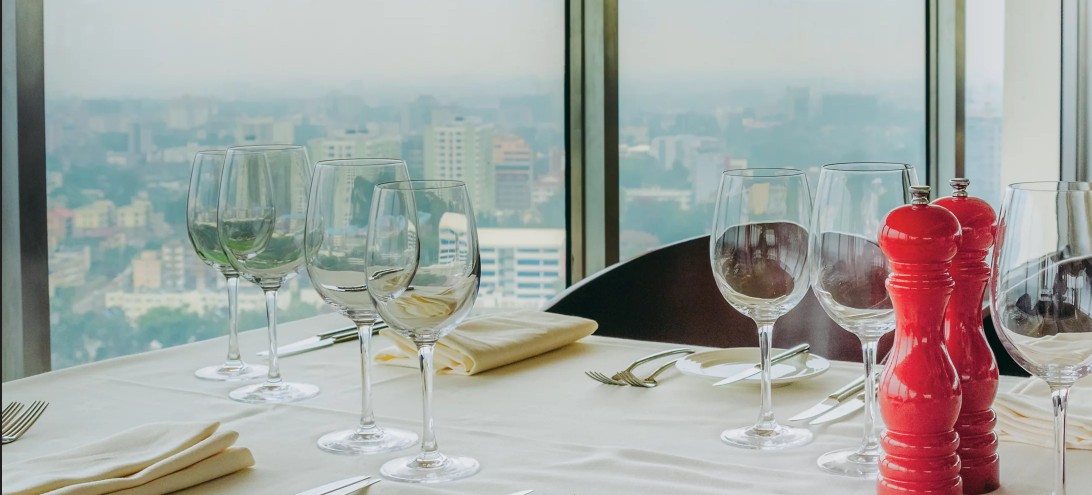Mandera–Bula Hawa border reopens as hundreds return home after Somalia clashes
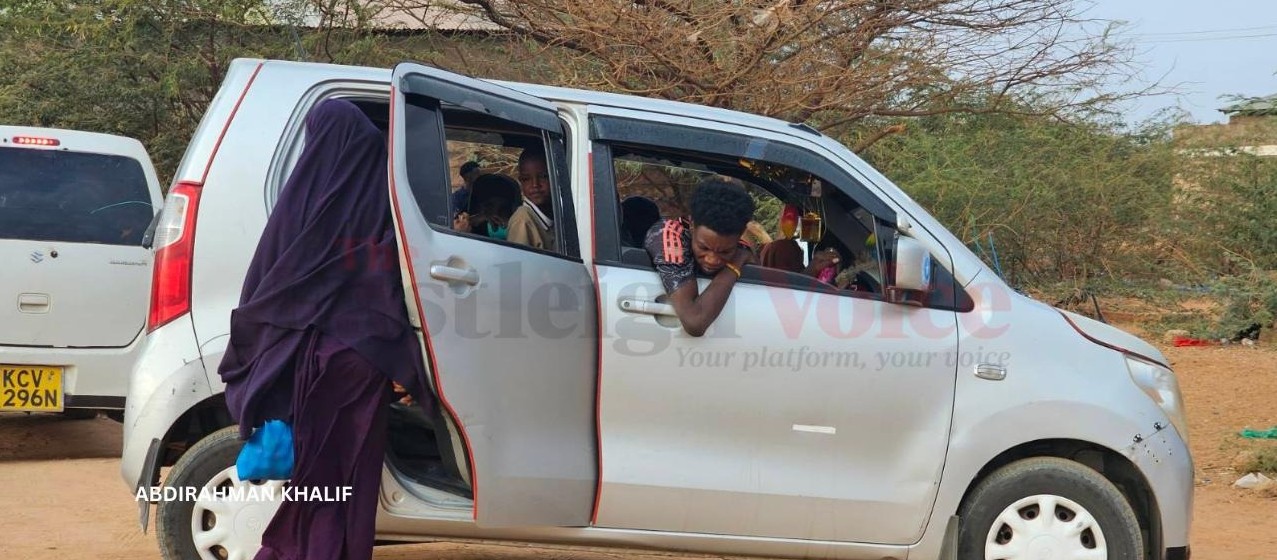
At the Kenyan border checkpoint, police officers inspected the luggage and personal effects of returnees, checking what each individual was carrying before allowing them to proceed.
The Kenya–Somalia border in Mandera has seen heightened activity in recent days as large numbers of people who had fled fighting in Bula Hawa, Somalia, began returning home.
The displaced residents, who had sought temporary refuge in Mandera town, were seen crossing back into Somalia with their belongings, including mattresses and other household items.
More To Read
- Somalia’s climate crisis demands global action, says IOM
- Hundreds seek refuge in Mandera after clashes in Bula Hawa, Somalia
- Somalia, Djibouti sign troop deployment deal
- Somalia officially recognises SSC-Khatumo as 6th federal member state in historic unity move
- Fresh clashes in Somalia’s Gedo region force civilians to flee to Mandera
- Four civilians in Mandera injured by stray bullets from Somalia
Some travelled in taxis and donkey carts, while others made the journey on foot.
At the Kenyan border checkpoint, police officers inspected the luggage and personal effects of returnees, checking what each individual was carrying before allowing them to proceed.
On the Somali side, no inspections were conducted, although Somali police and military personnel were present and monitoring the situation.
The movement follows a brief but intense conflict between Somali federal government troops and Jubbaland forces, who had been fighting for control of Bula Hawa, a strategic town near the border.
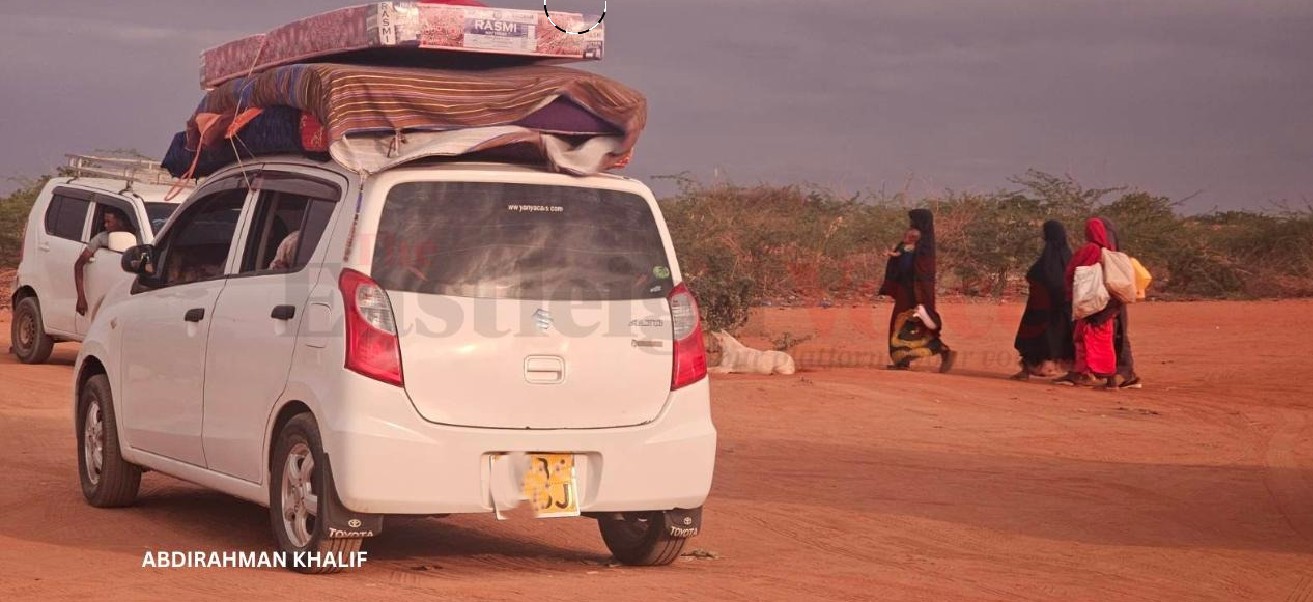 A taxi crossing back into Somalia with belongings, including mattresses and other household items, belonging to displaced residents of Bula Hawa in Somalia as they return home. (Photo: Abdirahman Khalif)
A taxi crossing back into Somalia with belongings, including mattresses and other household items, belonging to displaced residents of Bula Hawa in Somalia as they return home. (Photo: Abdirahman Khalif)
Displacement
The clashes triggered a wave of displacement, forcing many residents to flee to Kenya. Now, with security conditions improving, families have begun making their way back.
Among the returnees was Falhada Hussein, a mother of three. She told Eastleigh Voice that she believes it is now safe to go back home.
"I think it is safe now to go back. The government has taken over, and I have no reason to continue staying here," she said, as she prepared to cross back with her children and belongings.
Falhada said she had spent three days in Mandera, where the living conditions were difficult compared to life in Bula Hawa.
While many of the displaced were housed in temporary shelters by the Kenyan government with support from the Kenya Red Cross and other agencies, a significant number found refuge with relatives and friends in Mandera.
Returnees relieved
Some returnees expressed concern that fighting could resume if the losing side attempts to retaliate. However, most appeared relieved to be heading home.
Abdirizaq Bulle, a father of two daughters, was also returning. He said he had missed home and felt the time was right to go back.
"I missed home and my house. Going back now is safer, but I don't know what will happen in the coming days," he said.
Many recalled the chaos that forced them to flee. They described how bullets and mortar shells landed dangerously close to their homes, leaving them no choice but to escape.
"I had no choice. The shells were landing very close. I had to take the children and leave," one returnee said while waiting to cross the border.
Life returning to normal
Inside Bula Hawa, life is gradually returning to normal. Shops, markets, and restaurants have reopened, and residents have resumed daily activities such as shopping and transporting goods.
Armed Somali security forces are patrolling the streets and manning key locations, maintaining a visible presence across the town.
The recent fighting is part of a long-running tension between Somali federal forces and Jubbaland troops, both of whom have clashed before over control of this critical border town. Bula Hawa serves as a key crossing point for trade and movement between Somalia and Kenya.
Although calm has returned for now, residents of both Bula Hawa and Mandera remain wary. Many hope peace will hold and that future disputes will not spill over into civilian areas.
For the moment, the focus is on returning home and rebuilding lives disrupted by conflict.
Top Stories Today
Reader Comments
Trending
